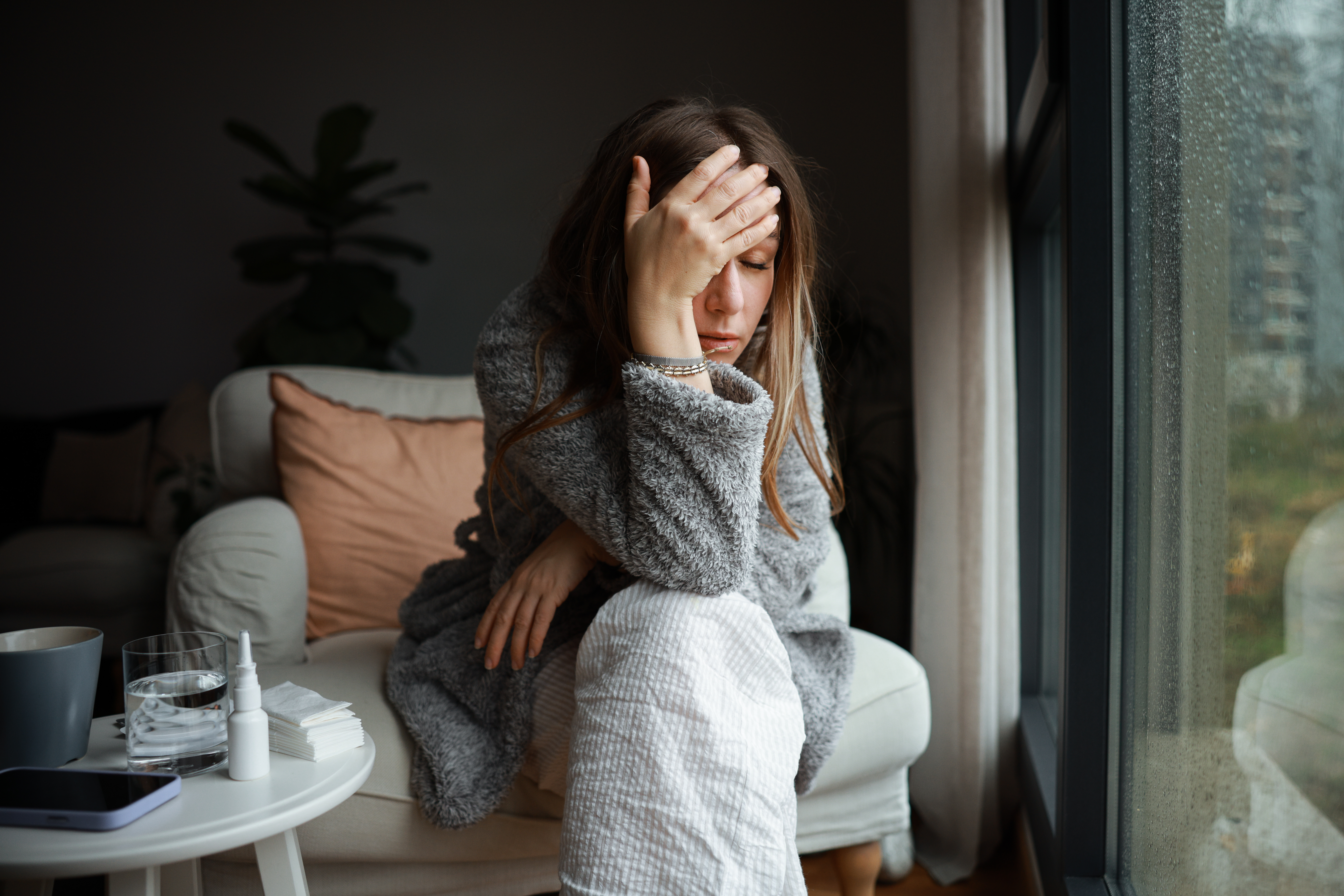What to Expect When Your Partner Completes Addiction Treatment

When your partner enters treatment for a drug or alcohol addiction, feelings of relief and newfound hope for a happier, brighter future prevail.
Still, you may have feelings of uncertainty. Will treatment work? What if it doesn’t? How will life be different once your partner completes treatment? How will your partner be different? What will your relationship be like?
These are common questions. By the time you’re done reading this, you’ll have some answers, along with some essential tips for supporting your partner in recovery.
Addiction Is a Family Disease
Before we can talk about what to expect when your partner completes addiction treatment, it’s important to talk about how addiction affects the family unit and what you can do while your partner is in treatment to improve their chances of successful recovery.
Addiction is a family disease, according to the National Institute on Alcohol Abuse and Alcoholism.1 Addiction causes dysfunction in the family system and reduces the stability and safety of the home. It affects the family’s mental health, finances, stress level, unity and the overall functioning of the family unit.
Unsettling or frightening experiences, periods of chaos and the chronic stress that come with addiction affect every member of the family. You may have bent reality or lived in denial in an attempt to maintain some sense of order in the home, even as you felt order slipping away. Addiction and the dysfunction that comes with it can absorb the family system as the problem seems to spiral out of control. You’re left with feelings of fear, anger, helplessness and hopelessness.
A New Sense of Hope
Now that your partner is getting help, hope has returned—and for good reason. Most people who engage in treatment successfully recover from addiction.2 However, the treatment outcome for your partner depends, in part, on:
- The extent and nature of their problems and needs
- Whether the treatment program is appropriate for addressing those problems and needs
- The quality of the interactions between your partner and their treatment providers
Research shows that treatment lasting less than 90 days is of limited effectiveness, and an inpatient program is best for those with a severe addiction, a long history of addiction or a co-occurring mental illness. The more engaged your partner is in their treatment plan, the better their chances of successful long-term recovery. A high-quality treatment program that takes a holistic, individualized approach to treatment offers the best possible outcomes.
But treatment itself is only part of the equation for successful recovery. The other part of the equation involves the four pillars or recovery, as identified by the Substance Abuse and Mental Health Services Administration:3
- A high level of support at home
- A safe and stable living environment
- Purpose in life
- Good physical and mental health
Learning the best ways to support your partner after treatment is a major factor for success, and what you do while your partner is in treatment makes a big difference…
References:
- https://www.ncadd.org/family-friends/there-is-help/family-disease
- https://www.drugabuse.gov/publications/principles-drug-addiction-treatment-research-based-guide-third-edition/frequently-asked-questions/how-effective-drug-addiction-treatment
- https://store.samhsa.gov/shin/content/PEP12-RECDEF/PEP12-RECDEF.pdf









